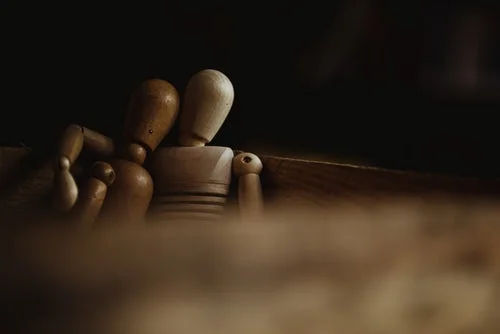Researchers have known for some time that 80% of us commonly experience a peak in our concentration and focus in the morning, a trough soon after lunch, and a recovery period sometime before the close of business - or put another way; an up-down-back up.
It might not be too surprising to learn that certain types of tasks are better suited to one phase than the others and if we are aware of this, then we could use it to our advantage. Analytical work has been found to be much better suited to the ‘peak’ phase, or the first part of our working day. Brainstorming and creative tasks are often better performed in the ‘recovery’ part of the day, whereas mundane and un-demanding tasks, such as admin, are much better suited to the post-lunch dip phase of the day.
A shocking finding came when Danish researchers looked at two million standardised test scores in Denmark. They found that students who took the test in the morning scored significantly better than students who took the test in the afternoon. In fact, they found that taking the test in the afternoon is equivalent to missing two weeks of school.
Research reveals that time of day explains around 20% of the variance in how people perform on cognitive tasks, highlighting the importance of not just writing a plan or to-do list for our day, but crucially to also consider when we carry out those tasks. If we are able to consciously block out time in our calendar for certain tasks in order to fully maximise our peak concentration and focus phase, and again to ensure we get as much out of the ‘recovery’ phase as we can, we will find that our overall effectiveness and productivity will enormously benefit.
But what if we have no control over the timing? What if we have an important interview, an aptitude test, driving test, exam, or meeting that has been scheduled for us and we cannot alter the timing? Thankfully, there are things we can do.
People given a 20 to 30-minute break during which they ran or walked around outside, were found to not only improve their performance scores, but they were even higher than tasks carried out in the ‘trough’ phase without the opportunity to first have an active, outdoors, short break.
Furthermore, a 1 or 2-minute break was found to be better than none.
Moving was found to be better than stationary.
Outside was found to be better than inside.
What I take from this is that my daily to-do lists of high priority tasks are still very important, but if I go a step further and plan when I am going to carry out the highest priority and/or highly cognitive or creative tasks, I will surely maximise the amount of time I have, improve my productivity and get better overall results. Not only that, but if I build in a walk around the garden with the dogs immediately after my lunch, I will counteract the ‘trough’ or post-lunch dip, and will use all of my time in a much more efficient way - it is all about task and self-management.
I’ve always said that ‘time management’ is a myth, because we can’t actually manage time at all - it is a fixed commodity and we all have the same amount available to us in any one day. But what we can manage is ourselves and what we do in the time available to us and by making small changes, we really can make very large improvements.


